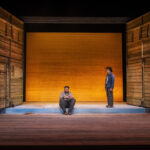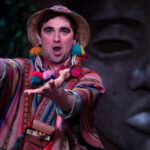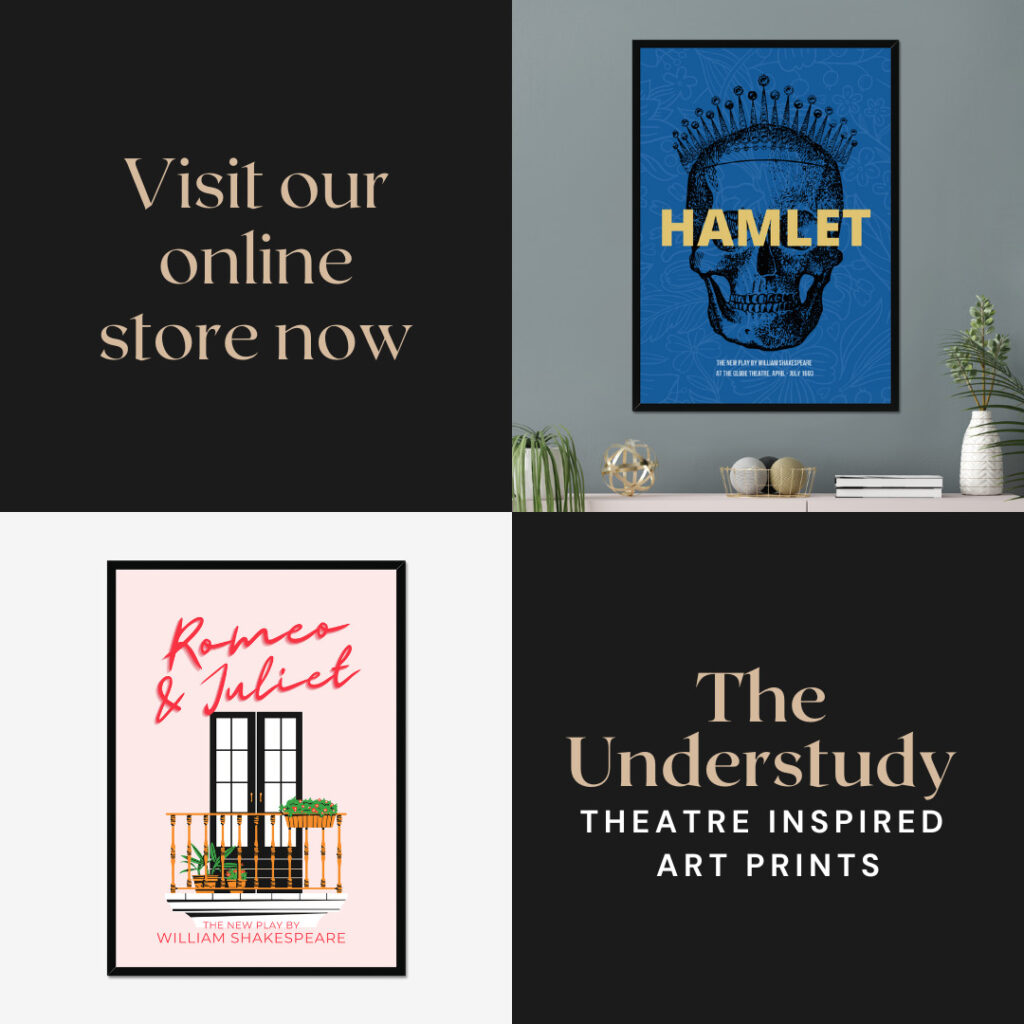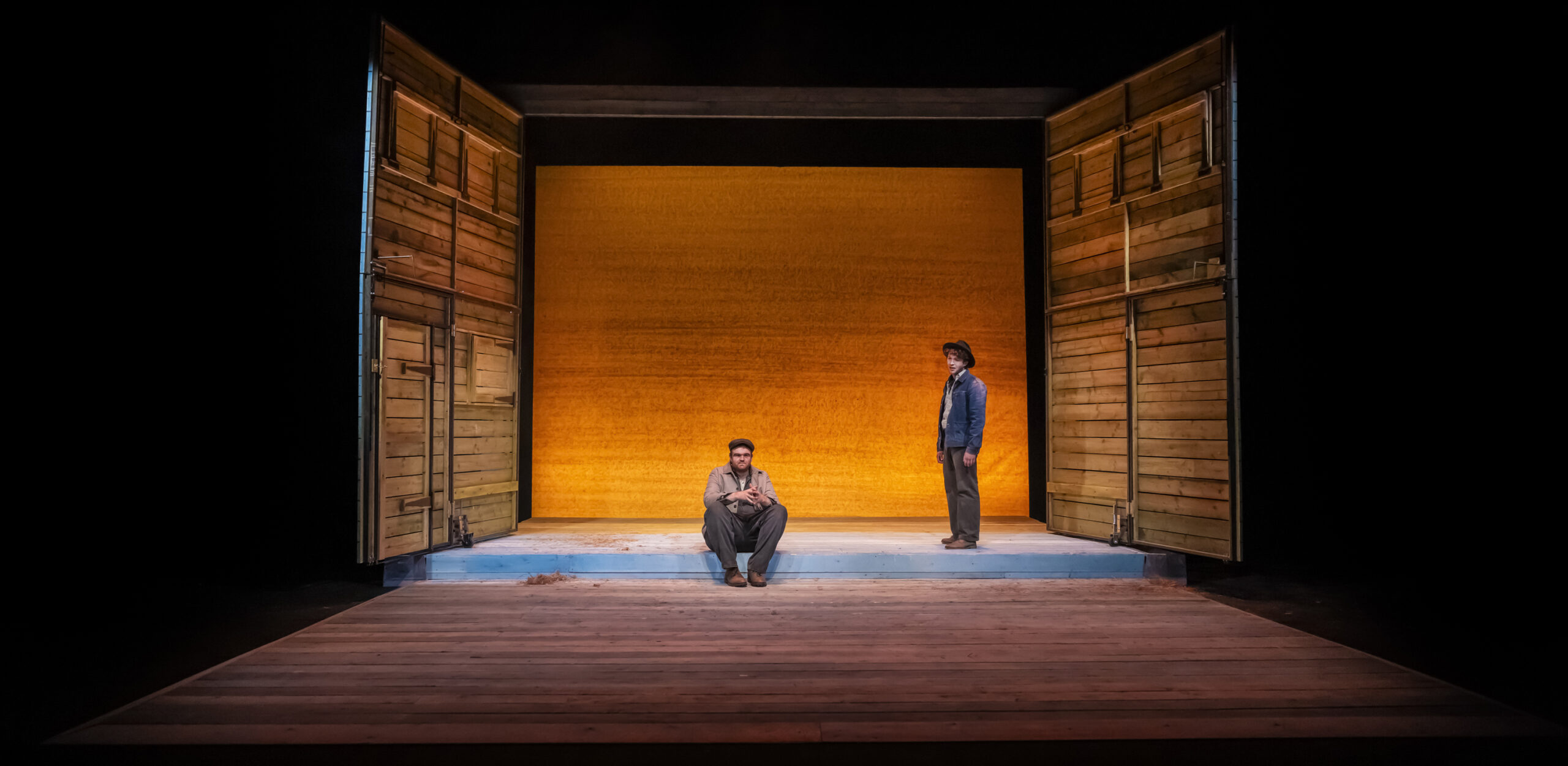
Chris Thorpe’s new show A Family Business looks at the ordinary people behind the extraordinary business of nuclear disarmament. Following performances in Germany and Luxembourg this month, tours England from 1 February to 2 March, taking in dates in Bristol, London, Manchester and beyond.
Developed with Rachel Chavkin, the show is the final of their trilogy of shows that look at global issues from an individual standpoint, following on from Confirmation and Status, both Scotsman Fringe First winners.
Thorpe is an award-winning writer and performer and Associate Artist at the Royal Exchange, Manchester where his work has included There Has Possibly Been an Incident and The Mysteries. We caught up with Thorpe to find out more about his new work.
Q&A with Chris Thorpe
What can you tell us about your new show A Family Business?
Like a lot of my stuff it started from a random conversation – I met a nuclear disarmament expert after one of my shows and I kind of fell into her world. She introduced me to more people who work on treaty negotiations, and I ended up spending some time in the disarmament sphere – in fact I’m kind of still in it. It made me think about how we talk, or don’t talk, about nuclear weapons, and by extension how our minds treat things that feel too big or remote to process.
And so this is a show about nuclear treaties and the people who work on them. But it’s also about how we can all regain a sense of agency – of connection with an issue that can feel far away, the province of ‘experts’, but is in fact full of ordinary people like us, always present in the way it shapes our daily experience. And the show’s also a conversation about out daily experience, and about where we find ourselves on any given day. Because we’re all experts on that.
What’s it like to be taking the show on the road?
It’s really exciting for a couple of reasons – one is I haven’t done any consistent touring for a while, and I really enjoy the movement of it, and the other is that while I love touring my solo shows, it’s also nice to be on the road with a bunch of mates for once. But mainly, meeting that different group of people every night, in the place where they live, and wherever their heads are at.
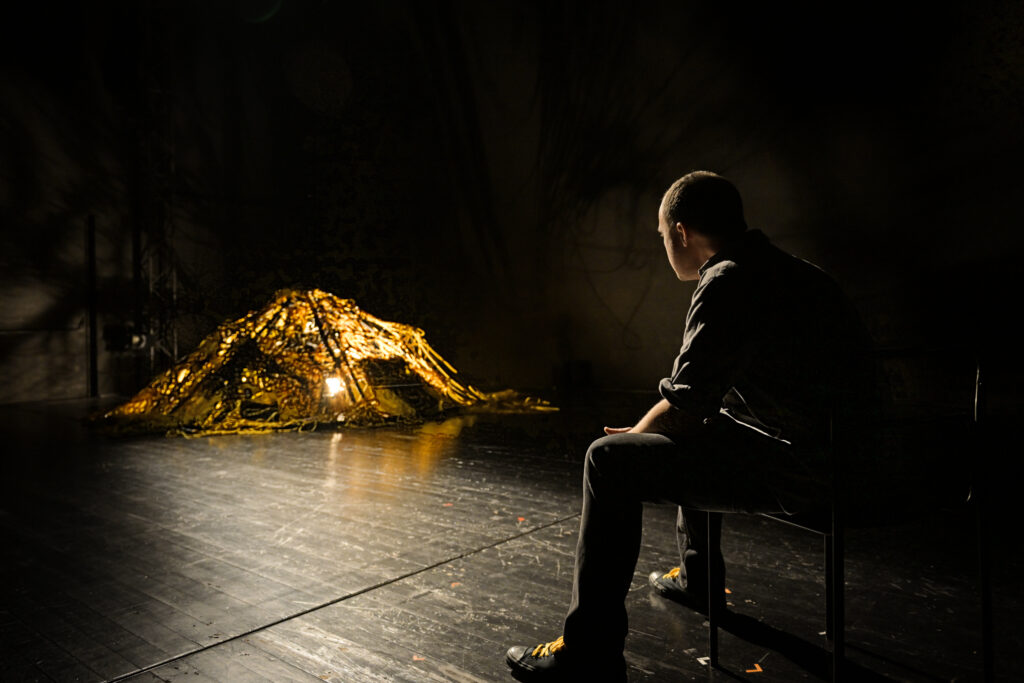
How did you approach developing the show with the team?
It’s always a collaboration. Obviously I’m initially bringing information into the room and I might know slightly more facts than the rest of the team, but everyone’s up to speed pretty quickly, and from that point it’s organic. It changes a lot in rehearsal and everyone gets to influence that. Because we try to keep the process alive and open to change for as long as possible. It makes for a better more flexible show, and also it’s really unlikely isn’t it, that a writer would turn up with some words and magically have nailed it first time. All the elements need all the team to make them work together.
Is it bittersweet to be completing your trilogy of shows?
No I’m totally fine with it. And I don’t know whether this, or the solo show, Talking About The Fire is the third part of the trilogy anyway.
What do you hope audiences will take away from the show, and do you think it will encourage people to act on these global issues?
I hope they’ll end up knowing each other a bit better. And that a world that can feel remote now feels more reachable. That there’s a sense of being able to start a conversation, to normalise discussing a subject, that previously felt un-graspable. Of course mostly I want them to have had a good time.



